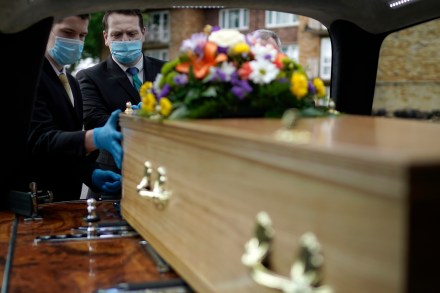Brits aren’t idiotic – but our institutions are
Two headlines from the same news-paper, less than three weeks apart. So, the Guardian on 31 July: ‘The Guardian view on delaying elections: it’s what autocrats do.’ This was in response to a suggestion from the US President that the elections might need to be delayed on account of Covid. And then on 17 August: ‘By delaying the New Zealand election, Jacinda Ardern appears magnanimous and conciliatory.’ This was in response to the New Zealand Prime Minister postponing the elections on account of Covid. The only rational response to this fairly typical piece of doublethink is that the Guardian likes Jacinda Ardern whereas it does not like Donald Trump. I





















